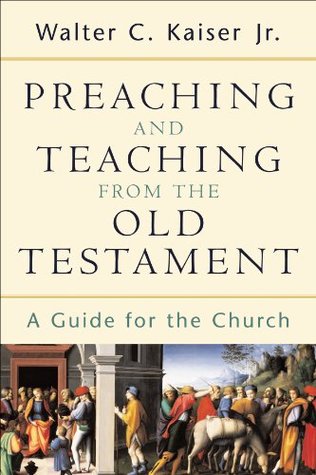Kindle Notes & Highlights
Read between
August 5 - August 14, 2019
Instead, our emotions are like a river that flows out of our heart, and the forms used are like the banks of the river that allow it to gain some depth. Without those “banks,” those forms that give structure to our emotions, our feelings would become shallow and flood all over the place. But the structure of the alphabetic acrostic, rather than inhibiting earnestness and real depth, provides the categories in which the river can run deep.
Lamentations, like the other laments, forces us to deal with suffering by directing our despair not away from God, but toward him.
the call for obedience in the Mosaic law was never the condition for inaugurating the covenant or for its maintenance.
the Pentateuch really intended to teach faith and belief in God and his promise. Obedience to the law, then, was the natural evidence that one had really trusted the Lord and believed his promise.
Finally, it was “to anoint the most holy [One or place].” Since this expression is never used of a person, it probably is not a reference to the Messiah or even to his church.
Kaiser is plain wrong here: the term is applied to Aaron and his sons, 1 Chr 23:13 NASB. The ESV mistranslates this verse. Note that the verb "to consecrate" has the third person singular suffix "to consecrate him" (just like the verb "to serve" later in the verse uses the same construction, i.e. "to serve him"). So Aaron was set apart "to consecrate him most holy". The noun "most holy" is missing both the article and the direct object marker. It is not the direct object of the verb--the ESV is wrong here and the NASB is right. So Kaiser is also wrong when he claims "most holy" is never used about a person. It definitely is. And where Kaiser began this section on apocalyptic with good advice against the practice of eisegesis, he ends up eisegeting all over the place in his example sermon on Daniel 9:20-27. He imagines the Antichrist into the text, imagines a chronological gap into the text, and imagines the end of the world into the text. None of which are there.
This means that the sequence of the seventy weeks has been interrupted, with a gap now existing between the end of the sixty-ninth week (which resulted in the arrival of Messiah’s first advent) and the start of the seventieth week (an event that many understand as not having happened yet).


